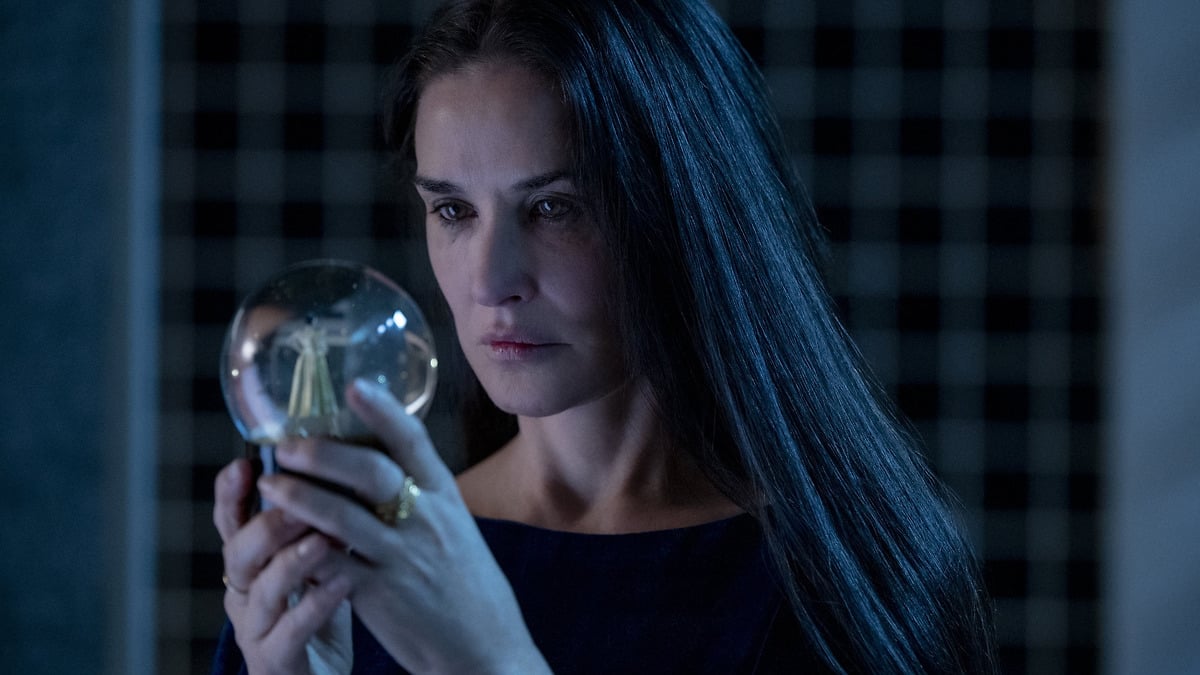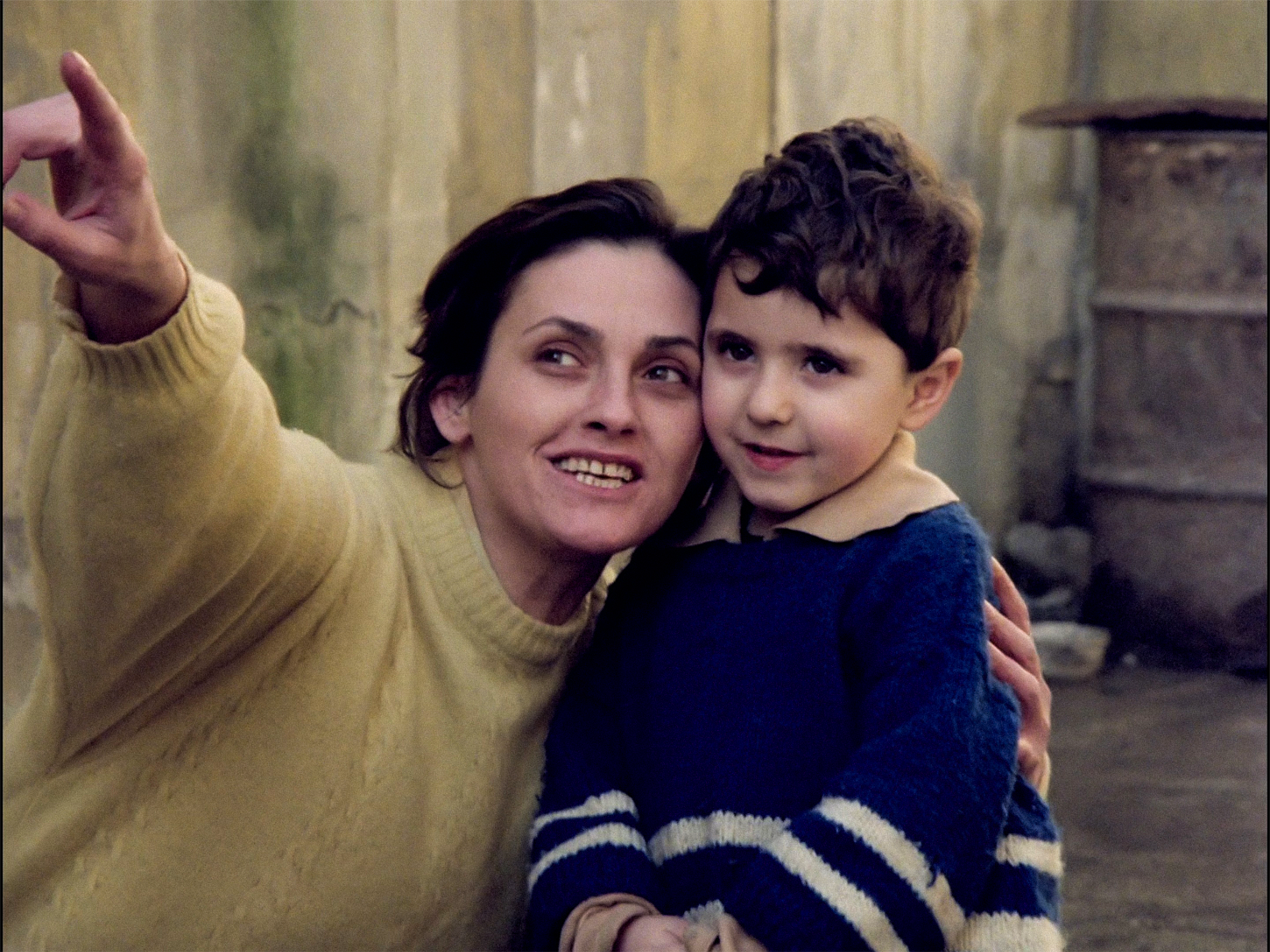
Ashkal: The Tunisian Investigation (2023)
7.5
Movie
Appears on
Read also
7.5
The Staff
TLDR
The “ash” in “Ashkal” probably isn’t an intentional play on the movie’s fiery themes, but it works all the same.
What it's about
The take
Ashkal takes an audaciously hybrid approach to genre: it’s part-noir, part-supernatural thriller, and full political allegory. The investigation at the center of this slow-burn Tunisian police procedural is a gripping one, as burnt naked bodies keep turning up in abandoned construction sites in Tunis with no trace of a struggle or even a combustible on them. In post-revolution Tunisia, the deaths are an uncomfortable reminder of recent history: it was a young Tunisian man’s self-immolation that sparked the Arab Spring, after all.
The revolution’s complicated legacy looms over the film, as we watch the country’s Truth and Dignity Commission begin its work of uncovering the former government’s corruption and abuses. Ashkal’s two protagonists — the young Fatma (Fatma Oussaifi) and her more seasoned police partner Batal (Mohamed Grayaa) — find themselves on opposite sides of that political divide, he having been implicated in the abuses of power that are now being investigated by Fatma’s father. There are fascinating elements at play here, and the results of Ashkal’s ambitious genre experiment are mostly inspired. Much of the film’s energies are spent on building a paranoid atmosphere — efforts that can, at times, frustratingly slacken the tension — but its fantastical touches tauten things up enough to make it a haunting political commentary in the end.
What stands out
Comments
Add a comment
Your nameYour comment
UP NEXT
UP NEXT
UP NEXT
Curated by humans, not algorithms.

© 2024 agoodmovietowatch, all rights reserved.














